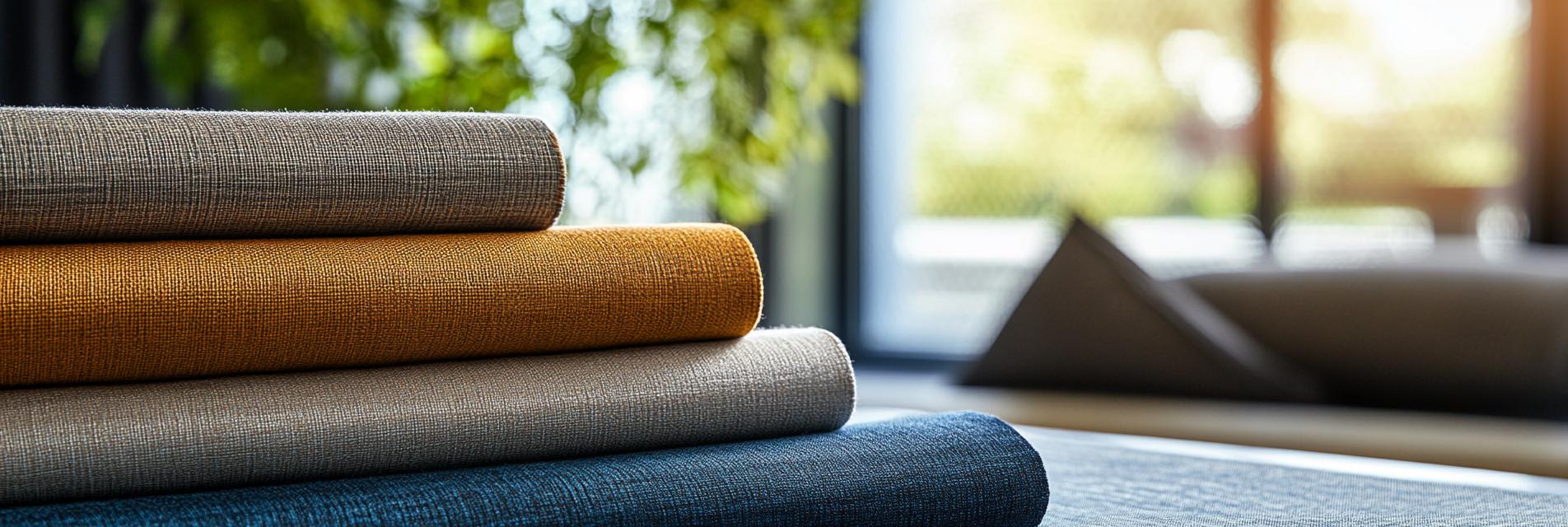As an avid follower of the textile industry, I am fascinated by the rapid advancements in textile technology. The innovation surrounding functional fabrics is particularly noteworthy, dramatically changing how we perceive textiles in our daily lives. This article aims to explore these innovations, highlighting their significance in improving performance and sustainability.

Functional fabrics have gained immense popularity due to their ability to provide enhanced performance characteristics. These textiles can promote breathability, moisture-wicking, and even temperature regulation. The incorporation of advanced materials such as smart polymers and nanotechnology has paved the way for a new era in textiles that meets the diverse needs of consumers.
Sustainability has become a driving force in the textile industry. I recognize the importance of utilizing eco-friendly materials and processes in textile production. The emergence of sustainable textiles, which utilize organic fibers and recycling methods, reflects the industry's commitment to reducing its environmental footprint while delivering high-performance products.
Smart textiles represent the intersection of technology and functionality. These fabrics are designed to react to environmental stimuli, allowing for applications in health monitoring, sports, and even fashion. As we continue to integrate our daily lives with technology, smart textiles will play a crucial role in enhancing our experiences.

In conclusion, the innovations in textile technology, particularly through functional fabrics, are transforming the industry landscape. By focusing on performance and sustainability, these advancements are meeting the evolving demands of consumers while promoting a healthier planet. I am excited to see how these technologies will continue to evolve and impact our lives in the coming years.
